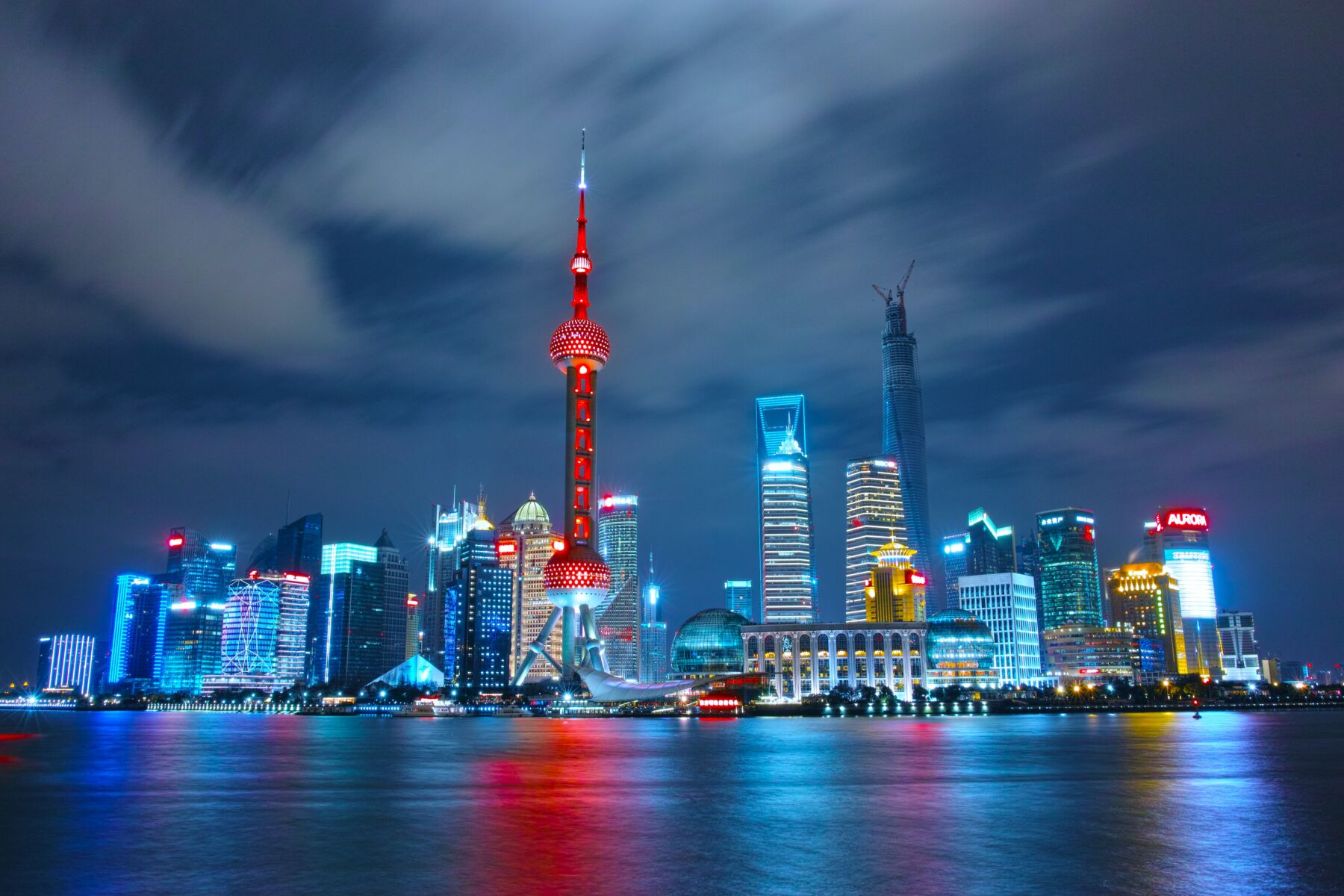China increasingly barring people from leaving the country amid claims of openness

China is increasingly preventing individuals, including foreign executives, from leaving the country, sending a conflicting message as authorities claim the nation is open for business following three years of stringent COVID-19 restrictions. According to a recent report by the rights group Safeguard Defenders, numerous Chinese and foreigners have been caught up in exit bans, while Reuters analysis indicates a significant increase in court cases relating to such bans.
“Since Xi Jinping took power in 2012, China has expanded the legal landscape for exit bans and increasingly used them, sometimes outside legal justification,” the Safeguard Defenders report states. Laura Harth, the group’s campaign director, highlighted that between 2018 and July of the current year, no less than five new or amended Chinese laws provide for the use of exit bans, a total of 15 laws today.
Safeguard Defenders estimates that “tens of thousands” of Chinese are under exit ban at any given time. A 2022 academic paper by Chris Carr and Jack Wroldsen found 128 cases of foreigners being exit-banned between 1995 and 2019, including 29 Americans and 44 Canadians. This attention on exit bans is increasingly significant as tensions between China and the US escalate over trade and security disputes, in contrast to China’s message of opening up to overseas investment and travel, and the easing of the strictest COVID-19 restrictions.
The Reuters analysis of records on exit bans, sourced from China’s Supreme Court database, demonstrates an eight-fold increase in cases mentioning the bans from 2016 to 2022. Recently, China strengthened its counter-espionage laws, allowing exit bans to be imposed on anyone, Chinese or foreign, under investigation. Most cases in the database relating to exit bans are civil, not criminal, and none were found to involve foreigners or politically sensitive topics.
By contrast, the US and European Union impose travel restrictions on certain criminal suspects, but typically not for civil claims. China’s Ministry of Public Security did not respond to Reuters’ requests for comments on exit bans, including inquiries on the number of individuals, including foreigners, subject to them.
A Singaporean executive at the US due-diligence firm Mintz Group was denied permission to leave China this year, according to three individuals familiar with the matter. Mintz revealed the authorities had raided the firm’s China office and detained five local staff in late March. The foreign ministry at the time stated that Mintz was suspected of engaging in unlawful business operations. Further, police visited the US management consultancy Bain & Co’s office in Shanghai and questioned staff last week.
Lester Ross, a veteran lawyer in China who has handled exit ban cases, observed a rise in companies seeking advice to prepare and reduce exit ban risks. Foreign businesses express concern about the growing scrutiny and the vague language of the counter-espionage laws, which state that exit bans can be imposed on those causing “harm to national security or significant damage to national interests.”
Jorg Wuttke, head of the European Union Chamber of Commerce in China, noted the significant uncertainty, particularly around conducting due diligence. Meanwhile, the EU chamber stated that exit bans send a mixed signal at a time when China is attempting to attract foreign investment and restore business confidence.
The Safeguard Defenders report claims that individuals barred from leaving China include regular Chinese citizens involved in financial disputes, as well as rights defenders, activists, lawyers, and ethnic minorities such as Uyghurs in China’s northwestern Xinjiang region. The report refers to a Chinese judicial document stating that 34,000 individuals were subject to exit bans between 2016 and 2018 for debt-related issues, representing a 55% increase from the previous three years.
Some activists argue that the broader application of exit bans indicates tighter security measures under President Xi Jinping. Chinese rights activist Xiang Li experienced a two-year exit denial before eventually leaving China in 2017 and later receiving asylum in the United States. She commented that China lacks rule of law and the legislation serves the interests of the Chinese Communist Party, proving very effective.
Latest Thailand News
Follow The Thaiger on Google News:


























